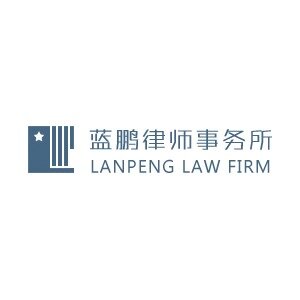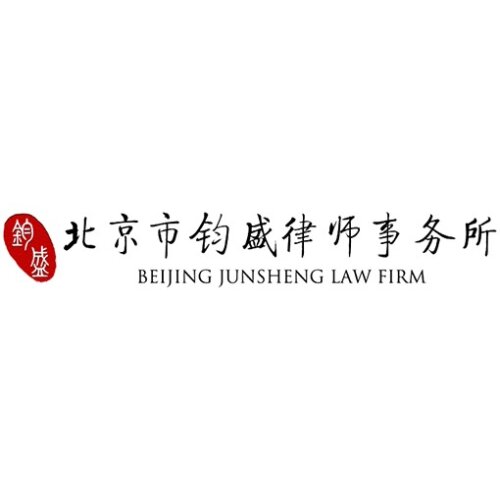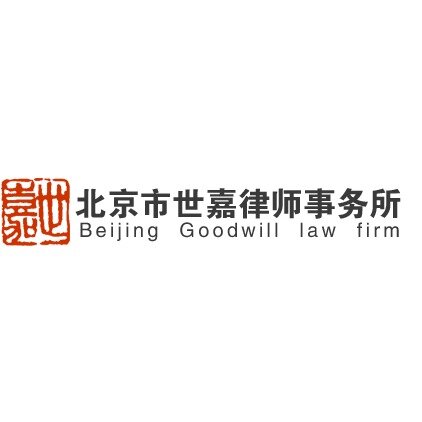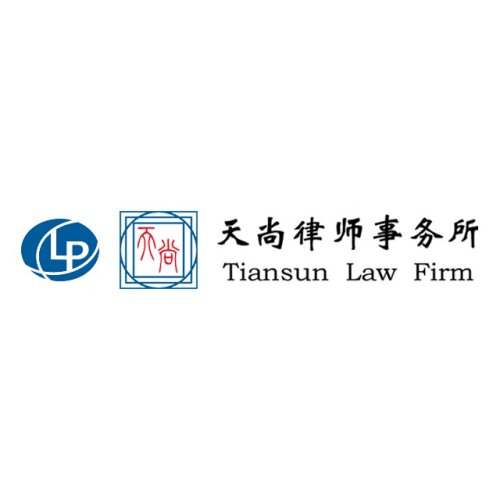Best Art & Cultural Property Law Lawyers in Beijing
Share your needs with us, get contacted by law firms.
Free. Takes 2 min.
List of the best lawyers in Beijing, China
About Art & Cultural Property Law in Beijing, China
Art & Cultural Property Law in Beijing, China, encompasses a wide array of legal principles that govern the protection, preservation, ownership, and trade of art and cultural assets. These laws are designed to safeguard China's rich cultural heritage, regulate the art market, and address issues related to cultural property, including illicit trade, restitution, and repatriation of artifacts. The legal framework is influenced by a combination of national regulations, international treaties, and local customs. Key governmental bodies, such as the State Administration of Cultural Heritage, play a crucial role in implementing and enforcing these laws.
Why You May Need a Lawyer
There are several scenarios where individuals or organizations might need legal assistance in the field of Art & Cultural Property Law in Beijing. Common situations include:
- Buying or Selling Art: Legal guidance can help navigate the complexities of art transactions, ensuring compliance with local and international laws.
- Resolving Disputes: Lawyers can assist in dispute resolution regarding ownership, infringement, or misappropriation of artworks.
- Repatriation Claims: Legal assistance is often required to handle claims for the return of culturally significant objects.
- Cultural Heritage Protection: Ensuring compliance with regulations related to the protection and conservation of cultural heritage assets.
- Intellectual Property Rights: Advising on copyright issues concerning artworks and artifacts.
Local Laws Overview
The legal landscape of Art & Cultural Property Law in Beijing is shaped by various statutes and regulations, with some key highlights:
- Cultural Relics Protection Law: This law provides the framework for preservation, protection, and restoration of cultural relics, prohibiting unauthorized excavation and trade.
- Regulations on the Administration of Art Business Operations: These regulations oversee art dealers and auction houses, emphasizing the importance of legal provenance for art sales.
- Import and Export Restrictions: Strict controls are in place for the cross-border movement of cultural items, requiring permits and compliance with international agreements like the UNESCO Convention.
Frequently Asked Questions
1. What constitutes a "cultural relic" under Chinese law?
A cultural relic includes artifacts and monuments of historical, artistic, or scientific value. It can range from ancient ruins and sites to artifacts, manuscripts, and artworks produced before 1949.
2. Are there specific laws governing the art trade in Beijing?
Yes, the art trade is regulated by laws that require dealers and auction houses to verify the provenance of artworks, record transactions, and ensure all trading activities comply with national and international laws.
3. Can cultural relics be privately owned?
While some cultural relics can be privately owned, all significant relics typically remain protected under public ownership to ensure their preservation and protection.
4. How can I ensure my art acquisition is legal?
Engaging a qualified legal expert can help verify provenance documents and ensure the acquisition complies with all legal requirements, minimizing the risk of legal disputes or forfeiture.
5. What are the import and export laws regarding art in China?
China has stringent laws on the import and export of cultural property, often requiring documentation and permits, especially for items classified as cultural relics, to prevent the illicit trade and loss of cultural heritage.
6. How do restitution claims for cultural artifacts work?
Restitution claims involve legal processes to recover cultural property that has been illicitly exported or stolen. These often require coordination with national and international authorities.
7. What is the role of the State Administration of Cultural Heritage?
This body oversees the preservation, protection, and management of cultural assets within China, enforcing laws and regulations concerning cultural relics.
8. Are there protections for artists' intellectual property rights?
Yes, artists are protected under copyright laws, which safeguard their works and provide legal recourse in cases of infringement.
9. Can new art be considered cultural property?
Typically, newly created art is classified under intellectual property law, but over time, these might gain cultural property status dependent on their historical and cultural significance.
10. What should I do if I suspect a cultural relic is being smuggled?
It is crucial to report any suspicions to local authorities, such as the police or the State Administration of Cultural Heritage, to prevent illegal activities and preserve cultural heritage.
Additional Resources
For those seeking more information or assistance related to Art & Cultural Property Law in Beijing, the following resources can be helpful:
- State Administration of Cultural Heritage: The official body overseeing cultural relic protection.
- Beijing Cultural Heritage Bureau: Local authority ensuring the implementation of cultural relic laws in Beijing.
- China Cultural Relic Association: An organization that offers information and advocacy on cultural property protection.
- Legal Libraries and Publications: Access to legal texts and commentaries, which can provide deeper insights into Chinese Art & Cultural Property Law.
Next Steps
If you require legal assistance in Art & Cultural Property Law in Beijing, consider the following steps:
- Consult a Legal Expert: Seek a lawyer specialized in art law and cultural property to guide you through the legal intricacies.
- Gather Documentation: Collect all relevant documents, such as provenance, purchase receipts, and any correspondence, to support your case.
- Engage with Authorities: Contact relevant government bodies if your case involves cultural heritage protection or international treaties.
- Stay Informed: Keep updated on changes in the law or new regulations that might affect your situation or interests in art and cultural property.
Lawzana helps you find the best lawyers and law firms in Beijing through a curated and pre-screened list of qualified legal professionals. Our platform offers rankings and detailed profiles of attorneys and law firms, allowing you to compare based on practice areas, including Art & Cultural Property Law, experience, and client feedback.
Each profile includes a description of the firm's areas of practice, client reviews, team members and partners, year of establishment, spoken languages, office locations, contact information, social media presence, and any published articles or resources. Most firms on our platform speak English and are experienced in both local and international legal matters.
Get a quote from top-rated law firms in Beijing, China — quickly, securely, and without unnecessary hassle.
Disclaimer:
The information provided on this page is for general informational purposes only and does not constitute legal advice. While we strive to ensure the accuracy and relevance of the content, legal information may change over time, and interpretations of the law can vary. You should always consult with a qualified legal professional for advice specific to your situation.
We disclaim all liability for actions taken or not taken based on the content of this page. If you believe any information is incorrect or outdated, please contact us, and we will review and update it where appropriate.

















